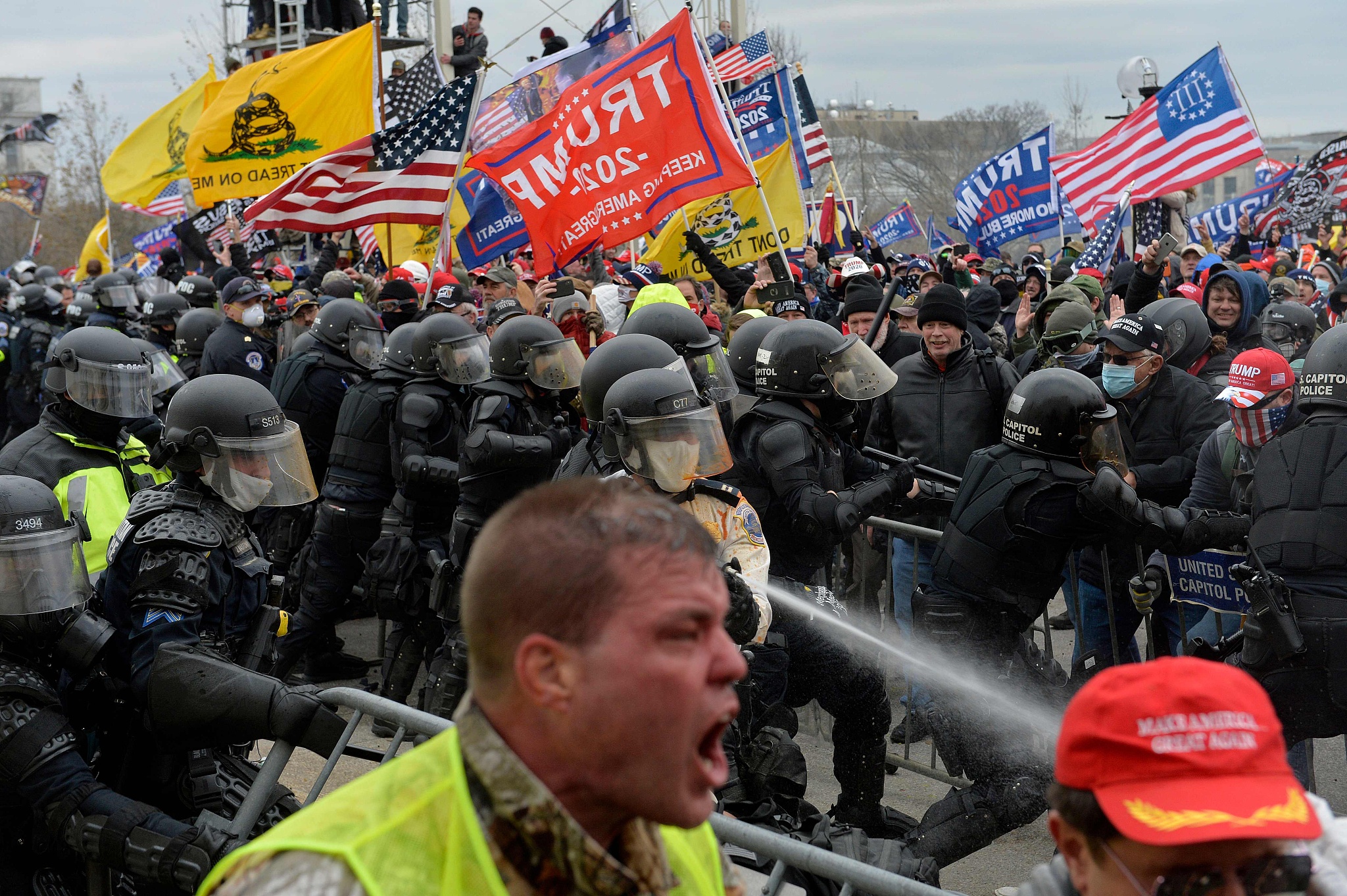
Twenty years after starting its longest war in Afghanistan, the United States has lost. But in the battlefield of public opinion, the bigger losers are Chinese "public intellectuals" who have relentlessly promoted American values and political system back home, according to CGTN's Washington correspondent Han Peng.
In an op-ed published in Chinese, Han compared the past 20 years in China and the U.S. since the "9/11" attacks in 2001, arguing that China has become a better country while the U.S. has gotten worse, which discredits "public intellectuals" claiming that the American system is better than China's.
"Public intellectual" is a derogatory label for Chinese academics and opinion leaders who are known for criticizing China while praising the West, especially the U.S. But for a long time, the group was regarded by many in the country as advocates for social justice and change.
The concept entered the public discourse in the early 2000s when China's GDP was less than one-fifth that of the U.S. while facing a myriad of domestic problems. A group of Chinese intellectuals rose to fame for criticizing the authorities' initial mishandling of the SARS epidemic in 2003 and crackdown on migrant vendors in Chinese city streets.
Since then, they repeatedly faulted China's political system for things that went wrong in the country while fostering the impression that an American-style government would be more efficient, humane and just.
But events in 2020 and 2021 dispelled that myth, Han said, citing the jaw-dropping death toll from the COVID-19 pandemic in the U.S., the widespread anti-racism protests following the police killing of George Floyd, and a presidential election that led to a riot at the heart of U.S. political institutions.

Trump supporters clash with police and security forces as they try to storm the U.S. Capitol in Washington, D.C., January 6, 2021. /CFP
Trump supporters clash with police and security forces as they try to storm the U.S. Capitol in Washington, D.C., January 6, 2021. /CFP
"The last time colleagues and friends told me to 'be careful' while reporting was when I worked in Syria as a war reporter," said the Washington-based journalist.
Meanwhile, China's GDP has grown to over 71 percent of that of the U.S. and the world's second-largest. And after many years of promoting the supposedly "superior" American system, China's "public intellectuals" have gone quiet.
The shift in the two countries' national strengths has been long in the making, noted Han, who chronicled significant events in the past two decades, including the ongoing conflicts in Iraq, Afghanistan, Syria, and the 2008 financial crisis.
"That is because China has chosen a harder but more righteous path," Han said. "It's the path of peace and development."
Nevertheless, China still has many problems to solve, like house prices, smog, corruption and fairness in society, Han added.
"There is more work to be done to make the country better. But one thing is certain: the solution won't come from America or any 'public intellectual,'" he said.
(Cover photo by CFP)

